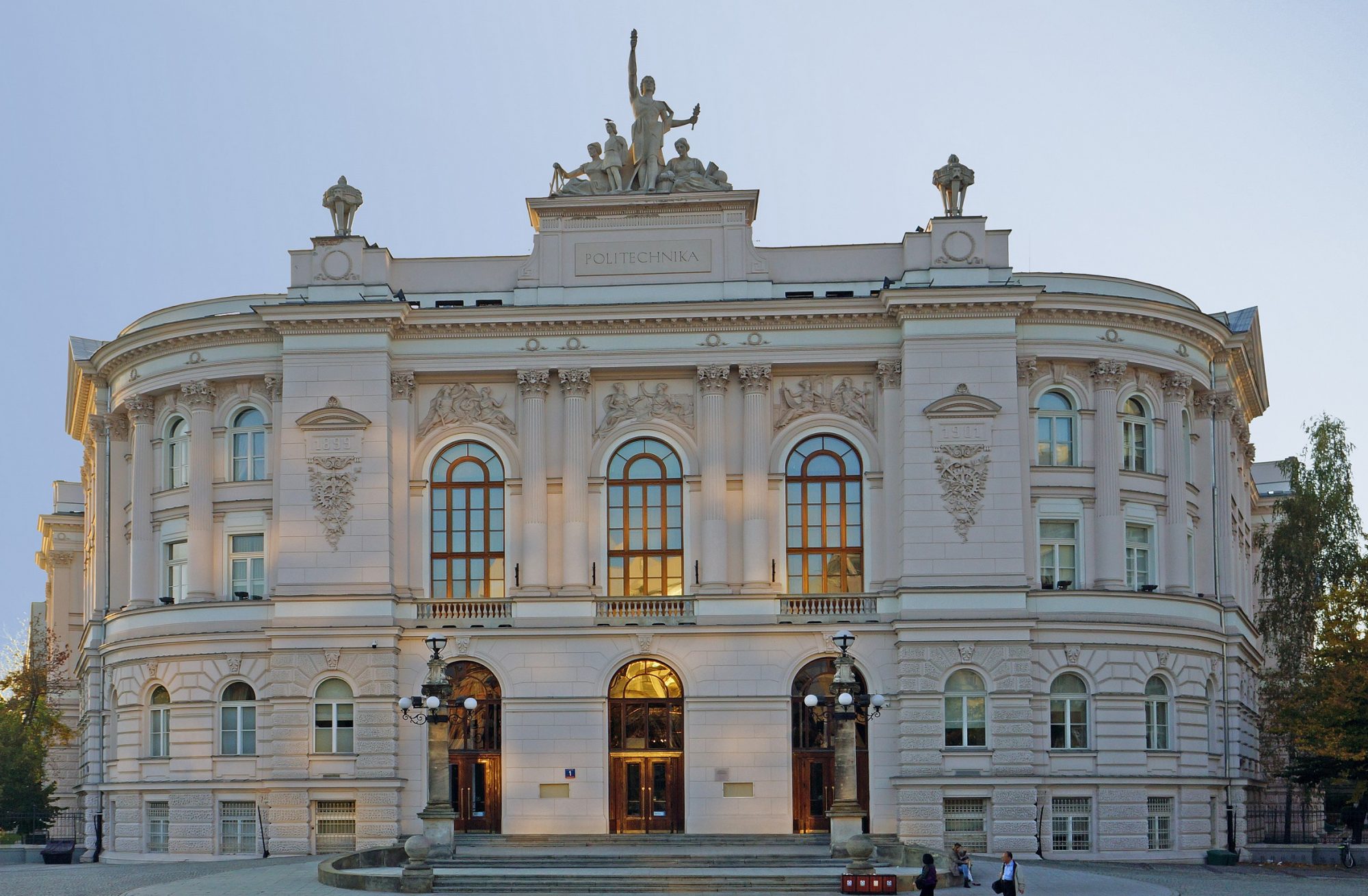The TE2020 conference theme is
“Transdisciplinary Engineering for Complex Sociotechnical Systems in Perspective
of Real-life Application”
and focuses on the multidisciplinarity and transdisciplinarity that drive future innovation in the context of Intelligent Factories and Industry 4.0. The concept of Industry 4.0 outlines the vision of a smart factory characterised by the complete networking of all production parts and processes: real time control via cyber-physical systems, increased use of robots, intelligent and adaptable production systems, which should contribute to greater productivity through resource efficiency. Convergence of production and interaction, work and communication requires increasingly transdisciplinary competencies for staying economically competitive. In addition to expert knowledge, flexibility, creativity and innovation, these are critical success factors for companies and their employees. However, Industry 4.0 is not just about machines but people. The Internet of things, data and services are merging the physical and digital world. This is where knowledge-based services have a huge task ahead. People are the bearers of this knowledge and the drivers of innovation.
In this context, Industry 4.0 also needs to be promoted through appropriate innovation and engineering approaches. A special attention should be also paid to human aspects and social reflections: sustainable development, resource-efficient production system, innovative and successful economy, active participatory and collaborative processes, impact of technologies of human beings and societies. Social innovation is a targeted reconfiguration of human-focused practices with the aim of better solving problems or satisfying needs by makes a contribution to human and social progress.
Today, Transdisciplinary Engineering means the design and development of complex sociotechnical systems. Their creation, design and development are challenging and complicated in practice. These processes need intensive collaboration across different disciplines (technical as well as social sciences, from science and practice). The design spaces, incorporating the user and application environment, in many such real-life problems are often extremely large and difficult to understand and penetrate. Research teams and practitioners need to use different methods and tools, relevant to the problems at hand. The perspective to verify and validate such complex systems in real-life practice is actually one of the most important issues with the development of suitable solutions.
The topics include but are not limited to:
The TE conference series welcomes papers on topics that address transdisciplinary engineering topics. Important for characterising papers as transdisciplinary engineering papers is that they address issues like:
- The need for collaboration between different disciplines, not only technical ones and including practice
- Methods for managing and supporting multidisciplinary teams as well as measuring their performance
- Operational methods in transdisciplinary environments
- Theoretical contributions to transdisciplinary engineering
- Ways to prepare students for work in a transdisciplinary environment
The following list of keywords indicates the areas of interest for the conference. It is not an exhaustive list. If you as an author wish to submit a paper that can be characterised as transdisciplinary, then please, do so.
Product and process design:
- Design of Personalized Products and Services
- Product and production platforms
- Transdisciplinary Engineering for design optimisation
- Democratisation of design
- Citizen-/ community-led design
- Concurrent Engineering
- Human-centered Design
Man-machine interactions:
- Ergonomics, Human Factors and Social Sustainability
- Human-Robot Collaboration
Team Working:
- Managing cultural and disciplinary differences
- Methods for Transdisciplinary Teamwork
- Transdisciplinary Team Performance Measurement
- Collaborative Design Environments
Transdisciplinary approaches to:
- Decision Support Tools and Methods
- Value Engineering
- Risk Management
- Knowledge Management
- Enterprise Knowledge Management
- Cost Modelling, Analysis, and Engineering
- Additive and Subtractive Manufacturing
- Smart Factory, IoT, and Industry 4.0
- Digitization and Virtualization
Education:
- Transdisciplinary approach to education design and operation
- Transdisciplinary student projects
Collaboration and Management:
- Supply Chain Management
- Supply Chain Logistics
- Sustainable Energy Transition
Systems:
- Modelling of Complex Transdisciplinary Systems
- Transdisciplinary Systems Engineering
- Product Service Systems
Transdisciplinary Approaches to Sustainability:
- Sustainable Manufacturing Engineering
- Circular Economy
- Global Challenges
- Sustainable Energy Transition
Theoretical contributions to:
- Transdisciplinary Engineering Thinking and Practice
- Transdisciplinary Systems Thinking
